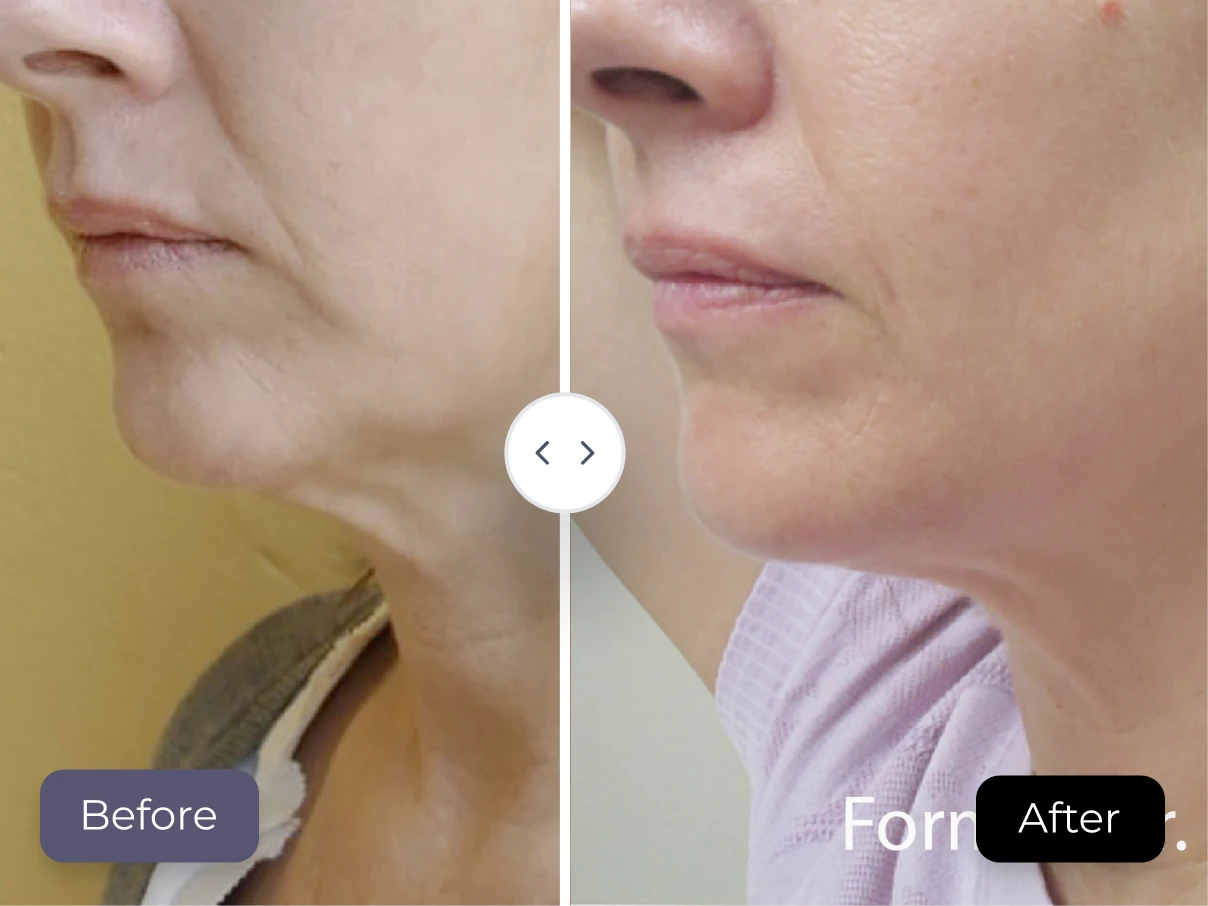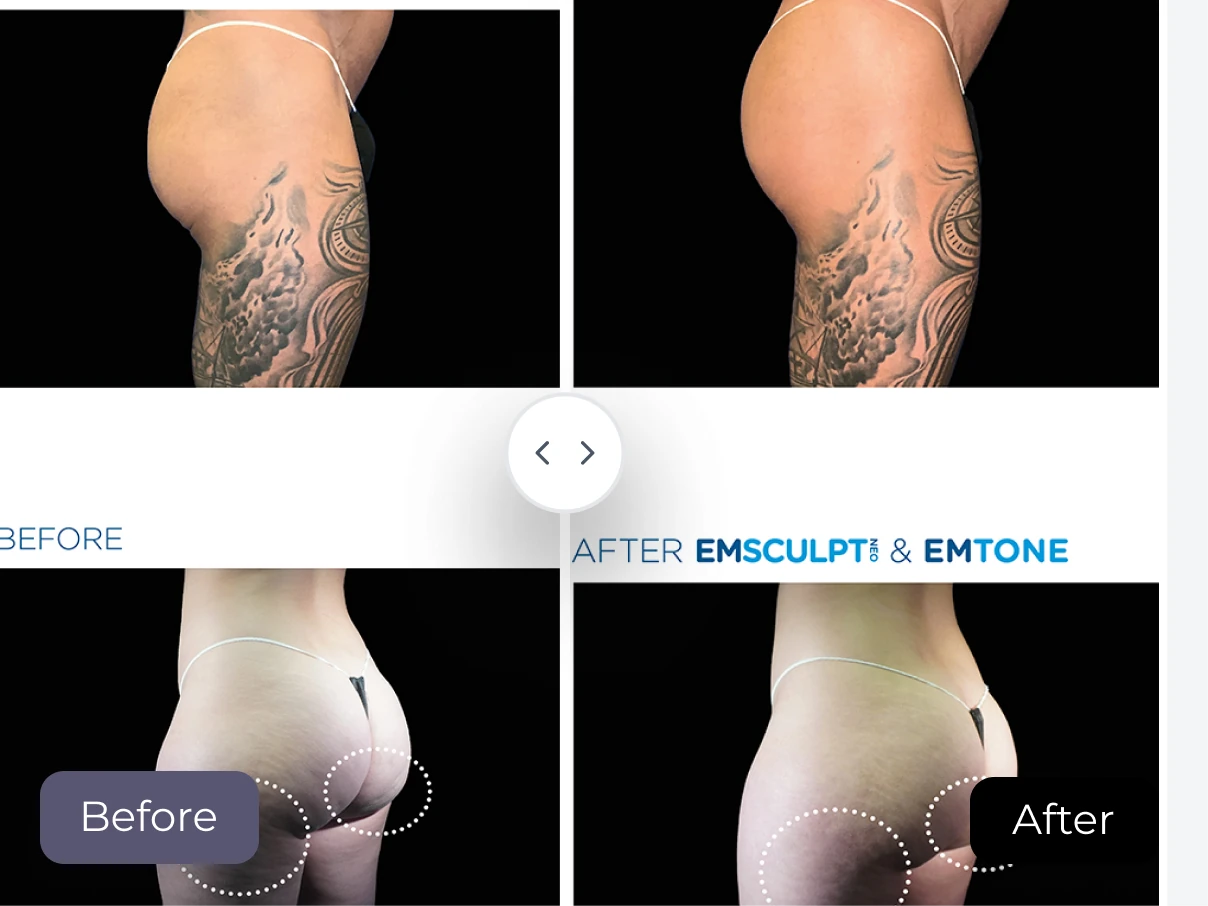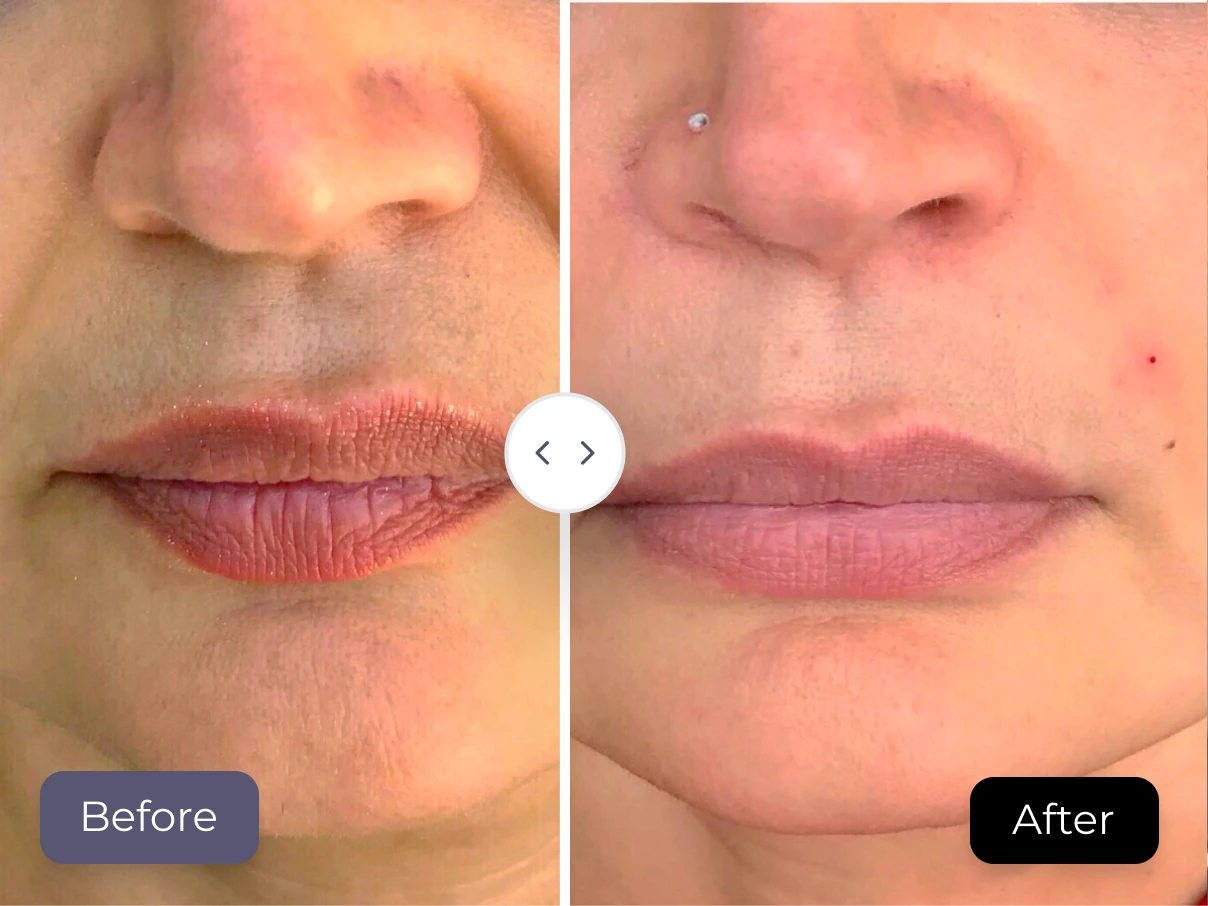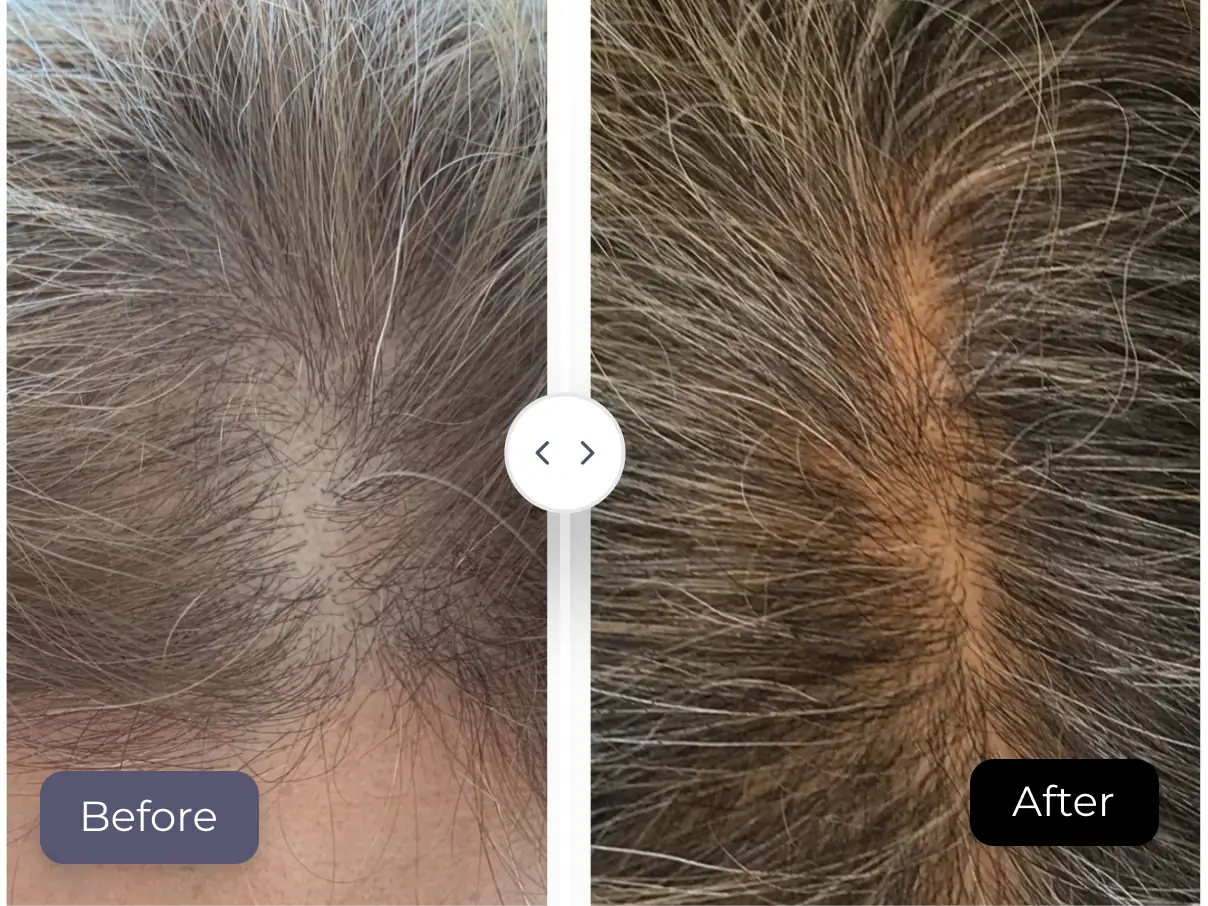Your skin is the largest organ of your body, and it deserves the best nutrition. Similar to how your overall health would be genuinely dependent on your diet’s balance, specific vitamins and minerals will also benefit your skin. Use these nutrients in your diet for healthier, brighter, and much better-looking skin.
In this blog, we look into the main vitamins that play an essential role in keeping your skin healthy. We consider their benefits, food sources, and possible supplements. So, let us dive into learning how you can take care of your skin from the inside.
Vitamin C: The Super Antioxidant
Vitamin C is one of the most effective antioxidants available and is just as important for skin health. It assists in shielding the skin from free radicals that can cause damage and, in the long run, lead to premature aging and the formation of wrinkles. Besides, vitamin C enhances the formation of collagen, which is the protein that maintains the structure and elasticity of a person’s skin.
Celebrity Laser suggests the addition of vitamin C-rich foods in your diet for better skin health. Some of the food sources that are rich in vitamin C include fruits from the citrus family (oranges, lemons, grapefruits), berries (strawberries, blueberries, raspberries), kiwi and bell peppers.
If you find that you are unable to take enough vitamin C through whole foods, you may also find a good vitamin C supplement quite helpful. Nevertheless, it would be wise to check with your doctor first before taking any new vitamins.
Vitamin A
It’s also required for the top and bottom layers of skin. It seems to prevent sun damage by interfering with the breakdown process of collagen. Because it’s an antioxidant, it could provide a little added protection against sunburn – but don’t skip the sunscreen. It keeps the oil-producing glands surrounding your hair follicles running smoothly. It might even help cuts and scrapes, especially if you’re taking steroids to reduce inflammation.
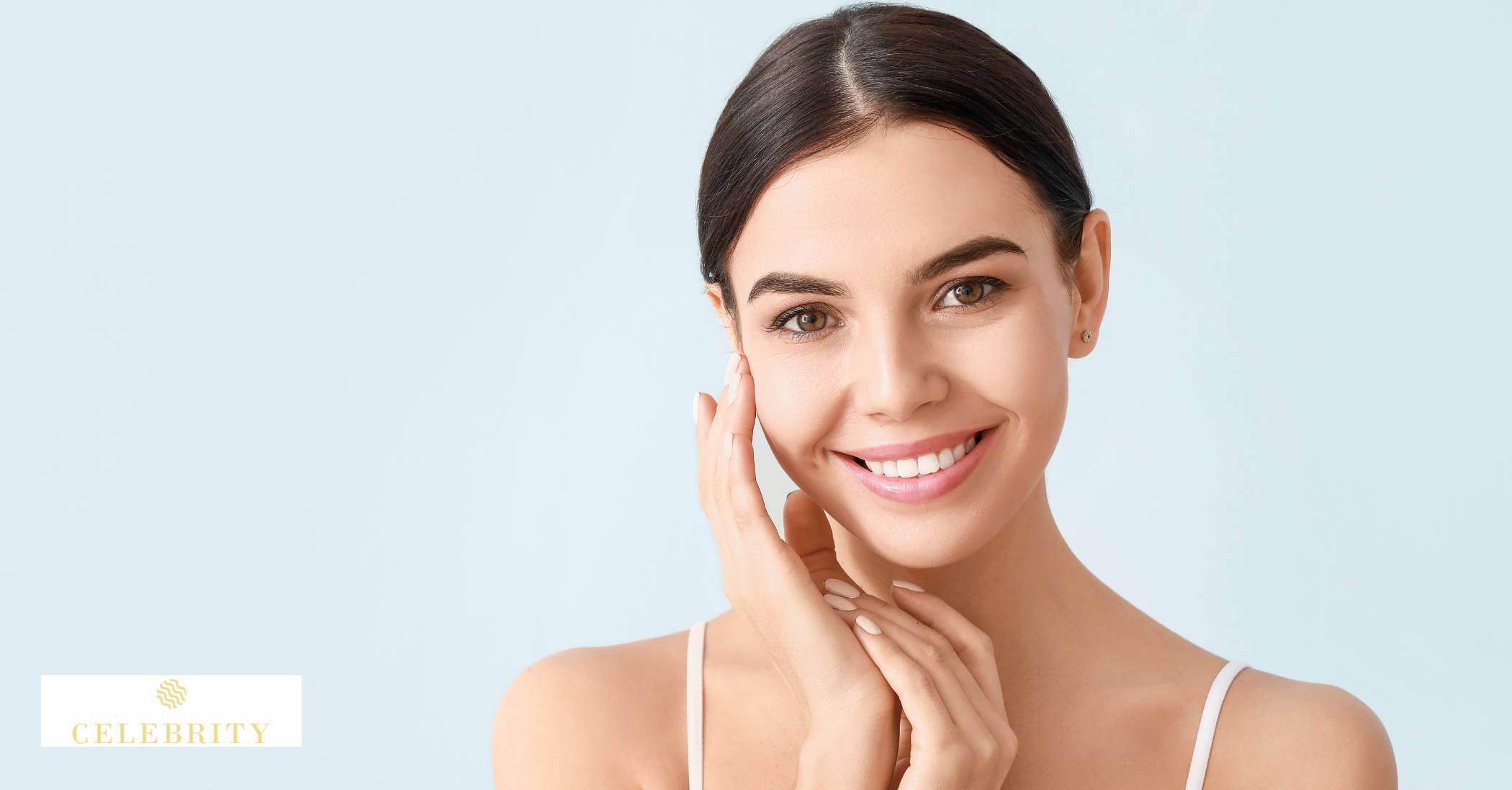
Vitamin E: The Soft Skin Vitamin
Vitamin E is yet another nutrient that keeps your skin healthy. It also acts as an antioxidant and helps protect your skin from damage by free radicals. Vitamin E moisturizes the skin; therefore, it might help to keep the skin hydrated and supple.
Good sources of vitamin E include the following:
- Nuts: almonds, sunflower seeds, hazelnuts
- Seeds: pumpkin seeds, flaxseeds
- Vegetable oils: avocado oil, sunflower oil
- Spinach
- Avocado
It is a nutrient that can be supplemented not only through dietary resources but also as a topically applied nutrient. Individuals are commonly advised by their healthcare provider to exercise caution when applying topical vitamin E products, as they may indeed irritate very sensitive skin.
Vitamin D
Regulating cell growth and differentiation is very important for the function of the skin barrier as well as wound repair. The skin’s immune system is maintained by vitamin D, which also acts as an infection and an inflammation barrier.
Also, vitamin D helps control the amount of oil on the skin sebum, which is one of the reasons for acne vulgaris or excessive oil on the skin. The appropriate levels of vitamin D can also help to decrease metabolic skin diseases like eczema and psoriasis.
Zinc: A Crucial Mineral for Skin Repair
Zinc is an essential trace mineral that performs numerous critical functions in maintaining healthy skin. It’s required in the synthesis of collagen and elastin, two proteins necessary to give your skin structure and elasticity. The mineral Zinc also supports the immune system, which contributes to skin repair and wound healing.
Excellent food sources of zinc include:
- Oysters
- Red meat
- Poultry
- Legumes – beans, lentils
- Nuts and seeds – pumpkin seeds, cashew nuts
- Whole grains
In case an individual feels they are not getting sufficient zinc, they may also use a mineral supplement of zinc. However, it is prudent if an individual consult their doctor before supplementing anything, as excessive dosing of zinc results in adverse effects.

Vitamin K
This vitamin is properly known to be essential for blood clotting. Furthermore, It also assists Carboxytherapy in improving the appearance of dark circles or bruises by strengthening the walls of blood vessels and capillaries. More muscular blood vessel walls help to limit blood from any leaks, which may lead to discoloration and bruised groups under the eye area. Vitamin K is beneficial for the skin because of its anti-inflammatory action. Thus, redness and irritation can be reduced.
Biotin: The Mineral for Healthy Hair and Nails
Though biotin is renowned for its benefits concerning hair and nails, its influence is also seriously considered in skincare. Biotin belongs to the family of B vitamins, which enables the metabolic processes of carbohydrates, proteins, and fats. Besides this, it takes part in the synthesis of keratin, a protein that gives structure to your hair, skin, and nails.
Biotin deficiency can cause skin conditions such as rashes and dermatitis, but biotin deficiencies rarely occur. Good sources of biotin include Eggs, Liver, Nuts, Seeds, Bananas, and Avocados. If you feel that you are missing out on this vitamin, then you may want to try a biotin supplement. Always consult with your healthcare provider before using any new supplement.
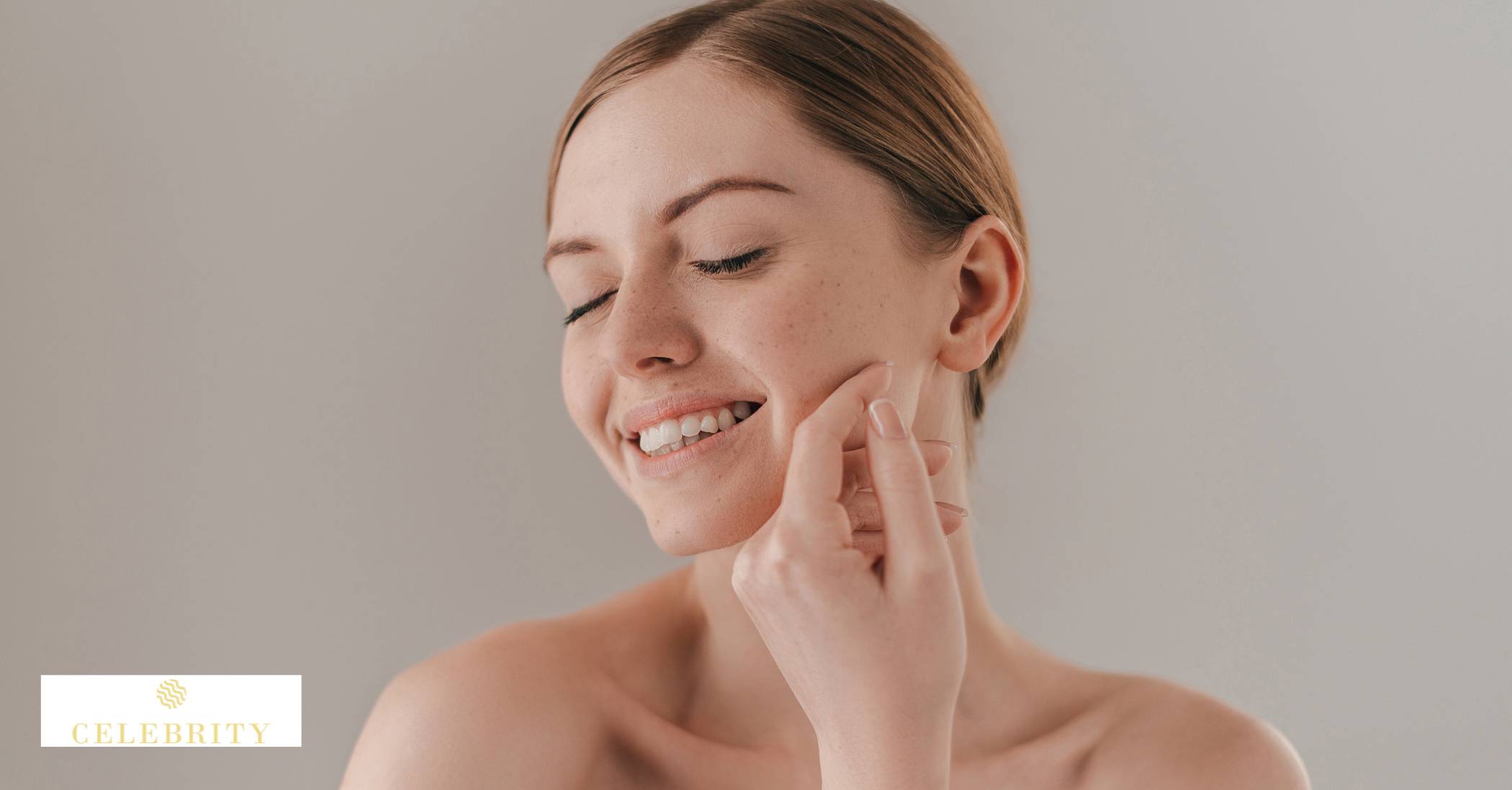
What is the Best Vitamin for Skin?
Every vitamin has its specific purpose in skin care. To avoid deficiency of all the necessary nutrients, a good and balanced diet is needed.
However, a number of vitamins are essential for skin care protection:
- Vitamin C: As an important president, it neutralizes toxins known as free radicals and also makes the skin age-free by enhancing collagen production.
- Vitamin E: It is a similar antioxidant that heals the skin, protects it from ailments, and provides moisture to the tissues.
- Zinc: A very active component for skin recovery; it helps with the synthesis of collagen and recovery after injury.
- Biotin: Through hormones, it helps in the growth of normal hair, skin and nails.
It is also advisable to take these vitamins from different types of foods. If you are worried about the amount of such nutrients you get with the food, you can also start taking a good multivitamin or some other special supplements. In any case, it is better to discuss all the questions related to such supplements with your doctor before the introduction of any new medications.
Supplements for Skin Health
Supplements are considered an aid in speedily increasing your diversity of nutrients but should be taken with care. You should note that consuming too much of some specific vitamins or minerals can be harmful in some other ways.
It’s always better to say that you should eat natural and unprocessed food to receive the nutrients you require. This is because it means that one will also be taking in other nutrients, such as fiber, which will be beneficial to their health in the long run.
Also, and most importantly, before you start taking any supplements, speak to your doctor first. They will be in a position to analyze you and recommend the right supplements for your needs.
That being said, a healthy diet and proper skin care go hand in hand. Suppose you tend to eat primarily unrefined and healthy foods and maintain proper care for yourself. In that case, you will naturally attain beautiful skin.
FAQs
1. Which vitamins are good for skin glow?
- Vitamin C: A powerful antioxidant that helps protect your skin from damage and promotes collagen production, leading to a brighter complexion.
- Vitamin E: Another antioxidant that can help improve skin tone and radiance.
- Biotin: While primarily known for its benefits for hair and nails, biotin can also contribute to healthy skin and a more vibrant complexion.
2. What vitamins make skin thicker?
- Zinc: A mineral essential for collagen production, which gives your skin its structure and elasticity.
- Protein: Consuming enough protein is important for skin health, as it helps build and repair tissues.
3. What is the best vitamin for aging skin?
- Vitamin C: It’s particularly beneficial for aging skin due to its antioxidant properties and ability to stimulate collagen production.
- Vitamin E: Another antioxidant that can help protect your skin from damage and reduce the appearance of wrinkles.
- Retinol: While not technically a vitamin, retinol is a vitamin A derivative that can help improve skin texture, reduce fine lines, and promote collagen production.


